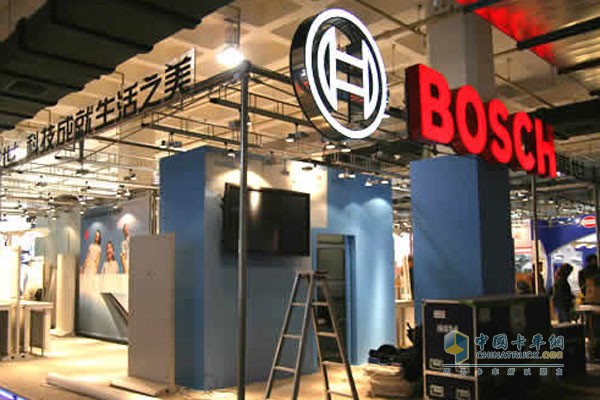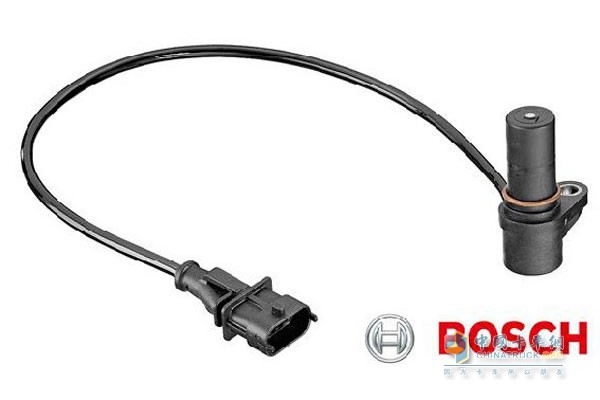For diesel engines we know, if you want to work normally, not only the coordination of the various components and the power output provided by the fuel combustion are required to complete, but also some electronic control units are required to cooperate, and the electronic control unit needs a series of signals. To ensure that all functions of the engine are in a normal state, this series of signals requires some sensors to transmit. As a world-class component giant, Bosch has developed sensors that provide more accurate signal input for common rail systems, exhaust gas aftertreatment, and engine control. The core of the sensor is a wide-range sensor unit integrating measurement and heating functions. Through these sensors, they transmit signals to each electronic control unit, thereby ensuring more complete fuel combustion, more coordinated coordination of parts and components, and more perfect power output. It is the main determinant of the continuous development and optimization of the engine. Oxygen sensor for diesel engine Oxygen sensors for diesel engines are mainly wide-area oxygen sensors for measuring the oxygen concentration in the exhaust system and helping to achieve emissions and OBD regulatory requirements. At the heart of the sensor is a wide-area sensor unit that integrates measurement and heating functions. The measured data is fed back to the intake system to adjust the optimal gas-oil mixture. In order to achieve the latest diesel exhaust after-treatment system requirements and OBD monitoring, Bosch also developed nitrogen oxygen concentration sensors and exhaust gas particle sensors. Camshaft and crankshaft sensor The point in time at which the fuel enters the combustion chamber is critical to the injection process. Therefore, Bosch's non-contact sensors accurately record the camshaft and crankshaft position. Based on this signal, the entire injection process, including multiple injections, is defined. The accuracy of a cylinder. Pressure Sensor The diesel injection system depends on the precise control of the pressure, so it is necessary to measure the boost pressure on the intake line to determine the fuel injection volume. Bosch booster pressure sensors are suitable for pressure measurement of oil and fuel lines. Differential pressure sensor Bosch's differential pressure sensor can achieve environmental protection and energy conservation through the control of particle trap regeneration. The sensor is used to measure the pressure difference upstream and downstream of the particle trap, and the load of the particle trap can be measured by different pressure differences. Temperature Sensor The temperature sensor can measure a wide range of temperatures of different media (such as water, fuel, oil, etc.). Bosch temperature sensors are designed specifically for automotive applications. In the next few years, many sensors will also be introduced gradually. It is understood that Bosch sensors will also provide more accurate signal input for the common-rail system, exhaust gas after-treatment and engine control, and gradually advance the progress of the engine. Meet stricter diagnostic and regulatory requirements. Baby Bath Tub,Inflatable Bath Tub,Swimming Pool Spa,Baby Bath Tub Foldable P&D Plastic Manufacture Co., Ltd , https://www.pdinflatable.com
Bosch engine emissions promoting subdivision sensor upgrade 
Bosch Oxygen Sensor